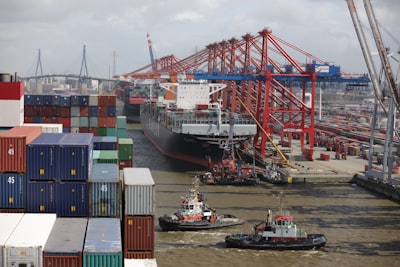Summary
The latest round of trade talks between Japan and the United States has ended without a breakthrough, with both countries remaining at odds over addressing the sizable US trade deficit with Japan. Japanese negotiator Ryosei Akazawa returned to Tokyo after discussions in Washington, which included a one-hour meeting with US Commerce Secretary Howard Lutnick and a brief follow-up phone call. Notably, US Treasury Secretary Scott Bessent skipped a meeting with Akazawa, highlighting the strained atmosphere as the talks drag on ahead of a looming July 9 deadline. The central dispute revolves around the Trump administration’s tariffs and demands for Japan to take steps to reduce the trade imbalance.
Analysis
At the heart of these talks lies the US perception of a chronically unfavorable trade balance with Japan—a long-standing flashpoint in bilateral relations. For the US, particularly under President Trump’s administration, reducing the trade deficit is framed as a matter of economic nationalism and fairness. Tariffs have been wielded as leverage, but Japan remains cautious, wary of making concessions that could undermine key domestic industries or set a precedent for other trade partners.
The absence of the Treasury Secretary from meetings may signal either strategic posturing or an internal US disconnect regarding negotiation strategy. Meanwhile, Akazawa’s return home without progress hints at deep-seated challenges, possibly reflecting competing priorities or reluctance on both sides to yield ground so close to a negotiating deadline.
What’s missing in much reporting, including this account, is a more nuanced discussion of root causes. Trade deficits are influenced by a range of structural factors: consumer preferences, macroeconomic policies, exchange rates, and global supply chains, not just tariffs. The framing of the talks also exemplifies how high-level negotiations often become symbolic battlegrounds for broader economic anxieties.
Discussion
Why does this impasse matter? The outcome will shape not only Japan-US economic relations but broader patterns in global trade at a time of rising protectionism and skepticism toward multinational agreements. If talks fail, we could see a further escalation of tariffs or other punitive measures, potentially harming manufacturers, consumers, and workers on both sides.
There are echoes here of past trade standoffs—both countries have long histories of tough negotiations. What’s new is the heightened political salience of trade deficits and the willingness of leaders to risk open confrontation. This raises critical questions: Do bilateral deficits matter as much as they are portrayed? What are the unintended consequences of escalating tariff wars? And to what extent are ordinary citizens (rather than political leaders) bearing the brunt?
Ultimately, the deadlock reflects deeper challenges in finding win-win solutions in an era of shifting economic power and populist pressures. As the July 9 deadline approaches, all eyes will be on whether pragmatism can prevail—or whether mutual distrust will rule the day.

Comments
No comments yet. Be the first to comment!